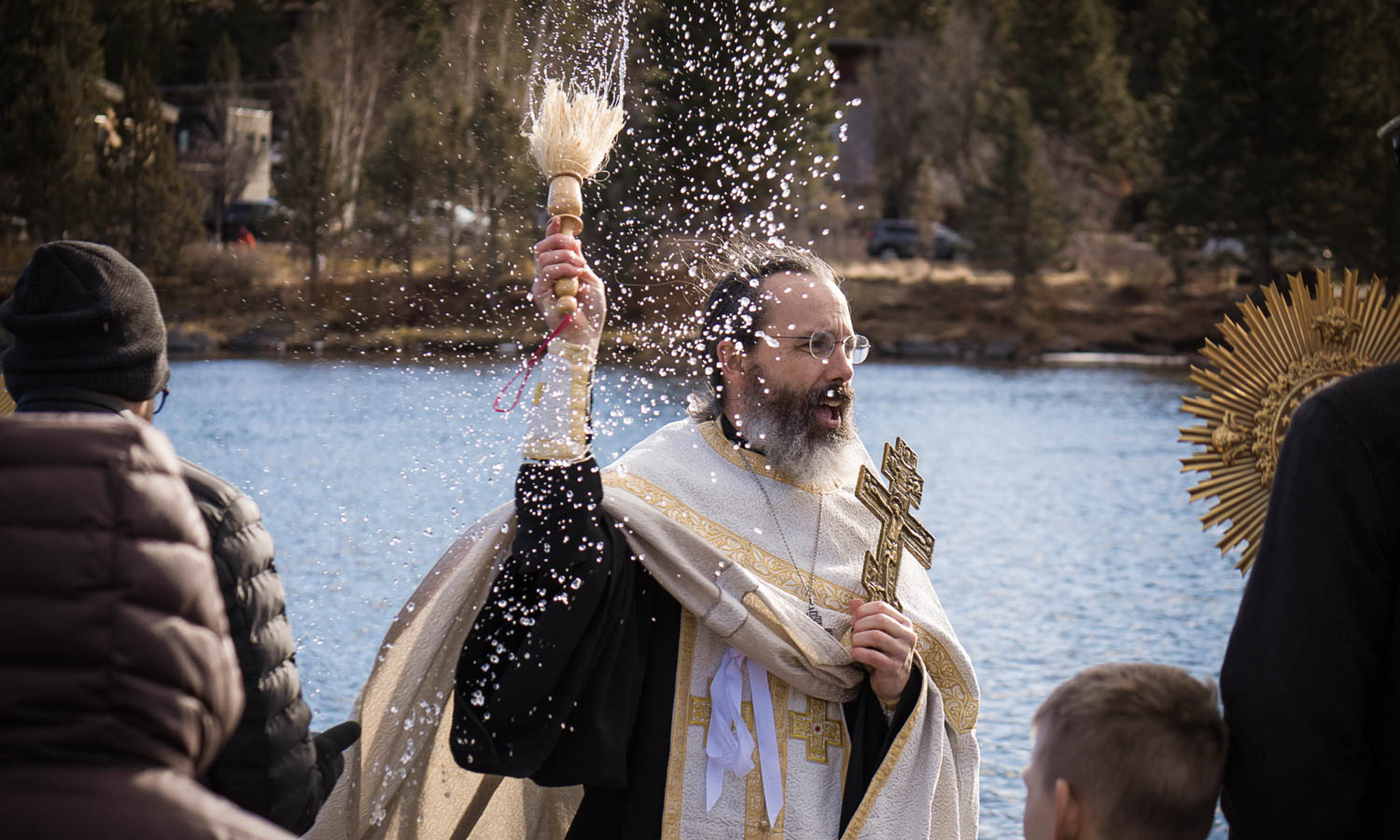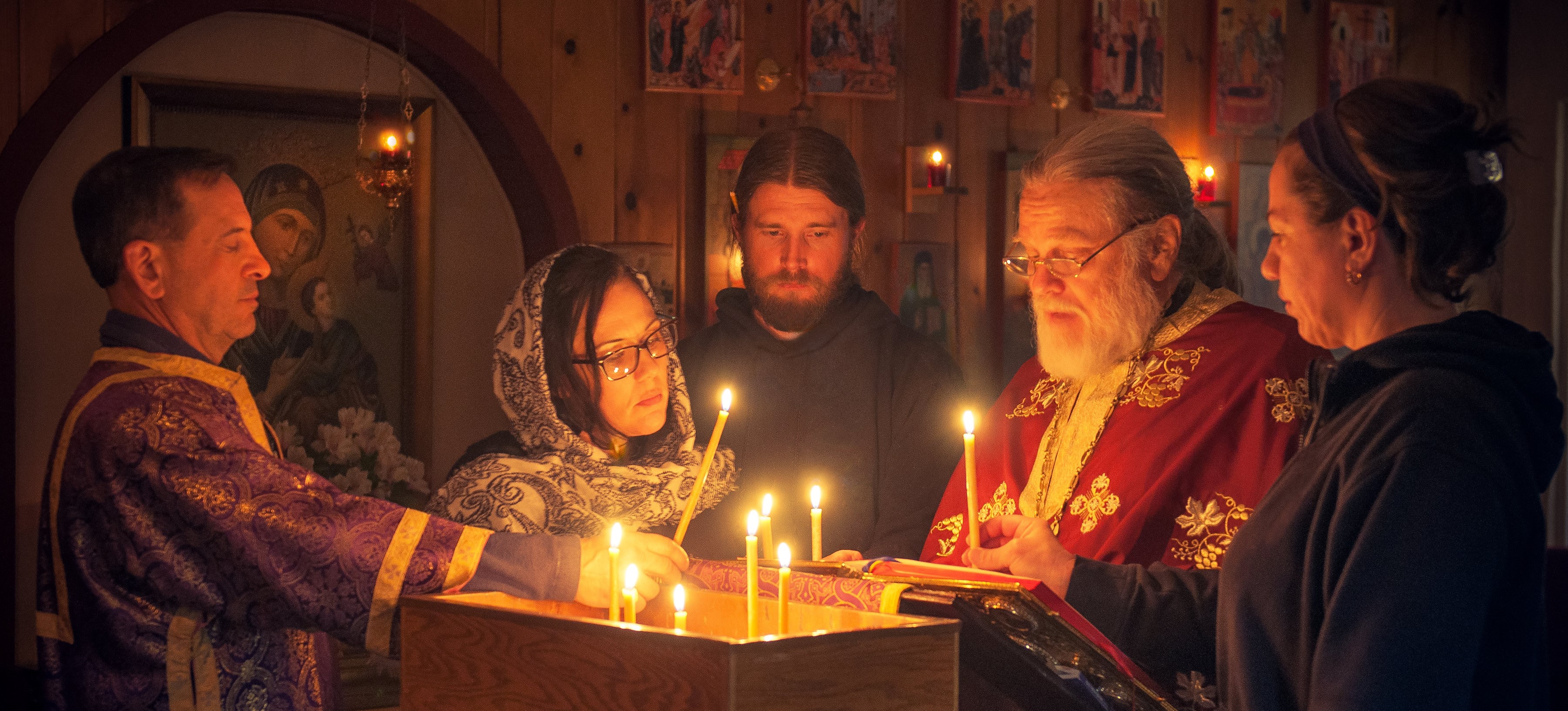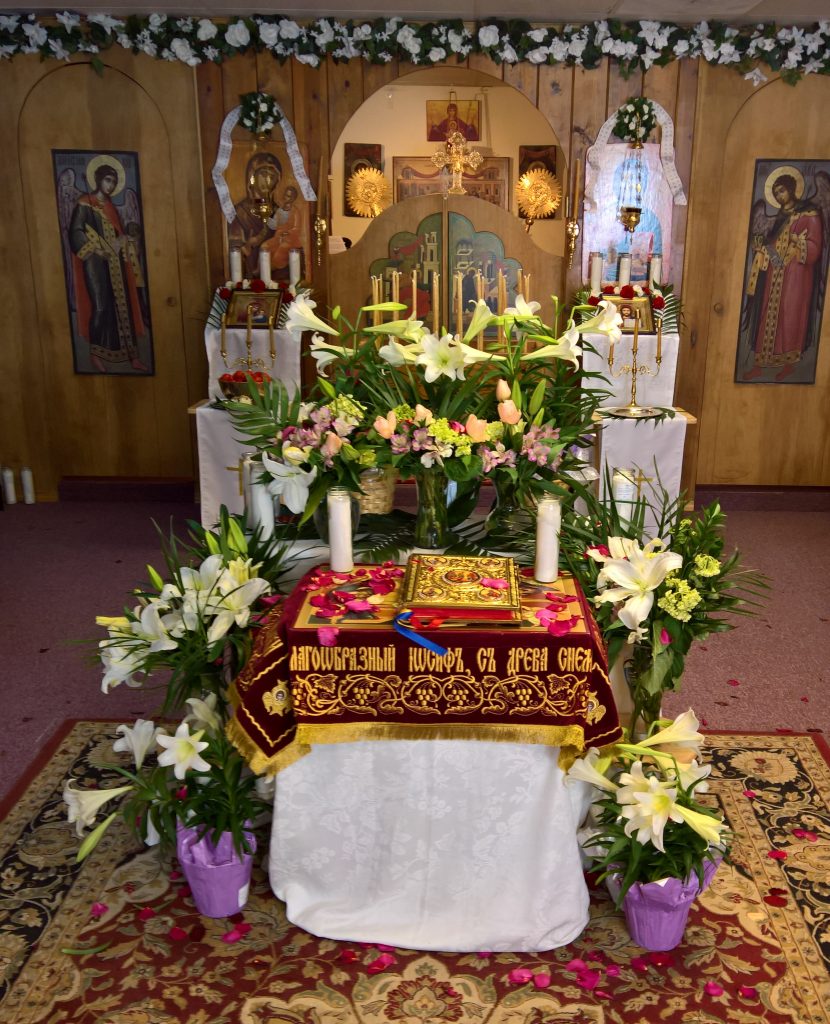Pre-Lent
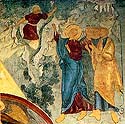
The paschal season of the Church is preceded by the season of Great Lent, which is itself preceded by its own liturgical preparation. The first sign of the approach of Great Lent comes five Sundays before its beginning. On this Sunday the Gospel reading is about Zacchaeus the tax-collector. It tells how Christ brought salvation to the sinful man and how his life was greatly changed simply because he “sought to see who Jesus was” (Lk 19.3). The desire and effort to see Jesus begins the entire movement through lent towards Easter. It is the first movement of salvation.
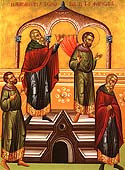
The following Sunday is that of the Publican and the Pharisee. The focus here is on the two men who went to the Temple to pray—one a pharisee who was a very decent and righteous man of religion, the other a publican who was a truly sinful tax-collector who was cheating the people. The first, although genuinely righteous, boasted before God and was condemned, according to Christ. The second, although genuinely sinful, begged for mercy, received it, and was justified by God (Lk 18.9). The meditation here is that we have neither the religious piety of the pharisee nor the repentance of the publican by which alone we can be saved. We are called to see ourselves as we really are in the light of Christ’s teaching, and to beg for mercy.
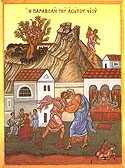
The next Sunday in the preparation for Great Lent is the Sunday of the Prodigal Son. Hearing the parable of Christ about God’s loving forgiveness, we are called to “come to ourselves” as did the prodigal son, to see ourselves as being “in a far country” far from the Father’s house, and to make the movement of return to God. We are given every assurance by the Master that the Father will receive us with joy and gladness. We must only “arise and go,” confessing our selfinflicted and sinful separation from that “home” where we truly belong (Lk 15.11–24).

The next Sunday is called Meatfare Sunday since it is officially the last day before Easter for eating meat. It commemorates Christ’s parable of the Last Judgment (Mt 25.31–46). We are reminded this day that it is not enough for us to see Jesus, to see ourselves as we are, and to come home to God as his prodigal sons. We must also be his sons by following Christ, his only-begotten divine Son, and by seeing Christ in every man and by serving Christ through them. Our salvation and final judgment will depend upon our deeds, not merely on our intentions or even on the mercies of God devoid of our own personal cooperation and obedience.
. . . for I was hungry and you gave Me food, I was thirsty and you gave Me drink, I was a stranger and you took Me in, I was naked and you clothed Me, I was sick and in prison and you visited Me. For truly I say to you, if you did it to one of the least of these my brothers, you did it to Me (Mt 25).
We are saved not merely by prayer and fasting, not by “religious exercises” alone. We are saved by serving Christ through his people, the goal toward which all piety and prayer is ultimately directed.
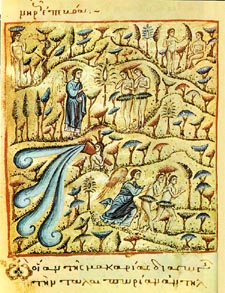
Finally, on the eve of Great Lent, the day called Cheesefare Sunday and Forgiveness Sunday, we sing of Adam’s exile from paradise. We identify ourselves with Adam, lamenting our loss of the beauty, dignity and delight of our original creation, mourning our corruption in sin. We also hear on this day the Lord’s teaching about fasting and forgiveness, and we enter the season of the fast forgiving one another so that God will forgive us.
If you forgive men their trespasses, your heavenly Father will forgive you; but if you do not forgive men their trespasses, neither will your heavenly Father forgive you your trespasses (Mt 6.14–18).
